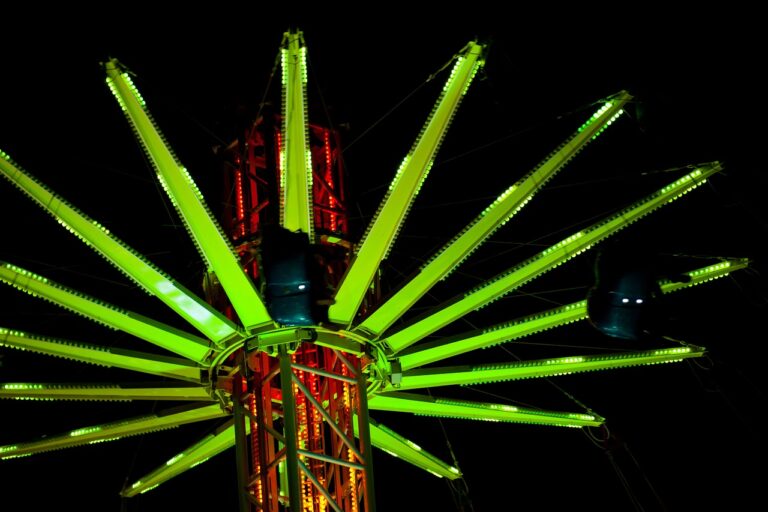The Role of Artificial Intelligence in Virtual Reality Content Creation
AI has revolutionized the way virtual reality (VR) content is created, offering a range of benefits that have significantly enhanced the development process. By leveraging AI-powered tools, creators can streamline tasks such as generating realistic environments, characters, and animations with remarkable speed and precision. This not only saves time but also allows for a higher level of detail and complexity in VR experiences, ultimately leading to more immersive and engaging content for users.
Moreover, AI algorithms can analyze user behavior and preferences to personalize VR content, resulting in a more tailored and enjoyable experience for individuals. This level of customization can lead to increased user satisfaction and retention, as it creates a more interactive and dynamic environment that adapts to the needs and interests of each user. In essence, the incorporation of AI in VR content creation has opened up new possibilities for developers to push the boundaries of creativity and deliver unparalleled experiences to audiences worldwide.
AI-Powered Tools for VR Development
Artificial Intelligence (AI) has revolutionized the landscape of Virtual Reality (VR) development by offering sophisticated tools that streamline and enhance the creation process. These AI-powered tools leverage machine learning algorithms to expedite tasks such as object recognition, scene generation, and motion tracking. By automating these labor-intensive processes, developers can focus their efforts on refining the overall user experience and optimizing performance.
Moreover, AI-driven tools in VR development empower creators to generate more realistic and immersive environments. Through the analysis of user behavior and preferences, AI algorithms can adapt content in real-time to cater to individual needs, ensuring a personalized and engaging experience for each user. By harnessing the power of AI, VR developers can push the boundaries of innovation and deliver cutting-edge virtual experiences that captivate audiences worldwide.
Enhancing User Experience with AI
When it comes to user experience in virtual reality (VR), AI technology is revolutionizing how developers approach enhancing immersion and interactivity. By utilizing AI algorithms to analyze user behavior and preferences, VR experiences can be personalized in real-time, offering a tailored and engaging journey for each individual user. This level of customization not only heightens the overall experience but also fosters a deeper connection between the user and the virtual environment.
Furthermore, AI enables VR developers to continuously improve user experience by predicting and resolving potential issues before they impact the user. Through predictive analytics and machine learning, AI can anticipate user needs and preferences, ensuring a seamless and intuitive interaction within the VR environment. By incorporating AI-powered tools, developers can create immersive experiences that are not only visually stunning but also highly responsive and user-friendly, ultimately setting a new standard for VR user experience.
How can AI enhance user experience in virtual reality content?
AI can improve user experience by personalizing content, optimizing performance, and creating more realistic and immersive environments.
What are some examples of AI-powered tools for VR development?
Some examples of AI-powered tools for VR development include AI-driven content creation platforms, real-time adaptive rendering systems, and intelligent virtual assistants.
What are the benefits of using AI in VR content creation?
The benefits of using AI in VR content creation include faster production times, higher quality visuals, improved user engagement, and more personalized experiences for users.







